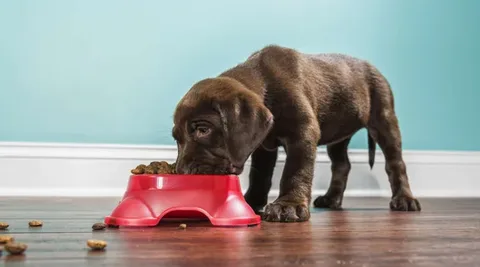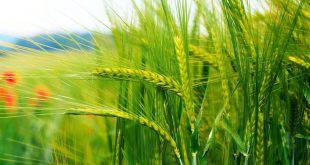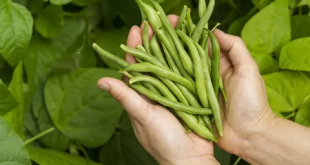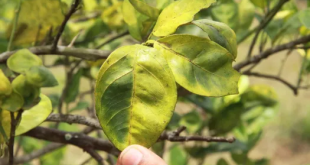Bringing home a Black Russian Terrier puppy is an exciting journey, but one of the most important aspects of their care is proper nutrition. A common question new owners ask is, “How much food should my Black Russian Terrier puppy eat?”
Understanding how much food should my Black Russian Terrier puppy eat depends on various factors, including age, weight, activity level, and the type of diet you choose. Overfeeding can lead to obesity, while underfeeding can result in poor growth and development. In this guide, we’ll break down the feeding requirements to ensure your pup gets the nutrition they need.

Key Takeaways:
- Feed your Black Russian Terrier puppy 3-4 meals per day during early growth stages.
- Choose a high-protein, nutrient-rich diet for large-breed puppies.
- Monitor weight and adjust portions to prevent overfeeding.
- Limit treats to 10% of daily intake to maintain a balanced diet.
- Consult a vet if you have concerns about feeding portions or food choices.
Feeding Guidelines for a Black Russian Terrier Puppy:
1. How Much Should You Feed the Puppy Based on Age?
Black Russian Terriers grow rapidly during their first year, so their food intake changes as they age:
| Age | Meals Per Day | Food Amount Per Meal |
|---|---|---|
| 8 – 12 weeks | 4 meals | ½ – 1 cup |
| 3 – 6 months | 3 meals | 1 – 1½ cups |
| 6 – 12 months | 2 meals | 1½ – 2½ cups |
| 12+ months (adult) | 2 meals | 2½ – 4 cups |
These are general guidelines, and the actual amount may vary based on individual growth rates and activity levels.
2. Choosing the Right Type of Food:
Your puppy’s diet plays a key role in their overall health. Here are the best options:
- High-quality kibble: Look for large-breed puppy formulas with high protein and balanced nutrients.
- Raw diet (BARF – Biologically Appropriate Raw Food): A mix of raw meat, bones, and vegetables, but consult your vet before switching.
- Homemade diet: If preparing meals yourself, ensure they meet the nutritional needs of a growing puppy.
3. Importance of Protein and Fat:
- Protein (25-30%): Supports muscle development and growth.
- Healthy Fats (12-15%): Provides energy and maintains a shiny coat.
4. Treats and Supplements
- Use healthy treats in moderation (no more than 10% of daily intake).
- Joint supplements like glucosamine can help prevent joint issues in large breeds.
5. Avoiding Overfeeding and Obesity:
- Stick to portion guidelines and avoid free feeding.
- Monitor your puppy’s body condition—if they are too chubby, reduce portions slightly.
- Regular exercise is an important element for a healthy weight.
Conclusion
So, how much food should my Black Russian Terrier puppy eat? The answer depends on their age, activity level, and dietary needs. Feeding a balanced, high-quality diet with the right portions ensures they grow into a healthy, strong adult. Always monitor their weight and adjust portions as needed, and consult your vet for personalized feeding advice.
FAQs
1. Can I feed my Black Russian Terrier puppy human food?
Some human foods are safe (like cooked chicken or carrots), but avoid toxic foods like chocolate, onions, and grapes.
2. When should I switch my puppy to adult food?
Usually between 12-18 months, when they reach full size. Gradually transition over 7-10 days.
3. What if my puppy isn’t eating enough?
Check for signs of illness, ensure they’re not overfed with treats, and consult a vet if appetite loss continues.
4. How do I know if I’m overfeeding my puppy?
If they gain weight too quickly, appear bloated, or lack energy, reduce portion sizes slightly.
5. Should I use a slow feeder bowl?
Yes! Black Russian Terriers can eat too fast, increasing the risk of bloat. A slow feeder helps regulate their eating pace.
Feeding your Black Russian Terrier puppy correctly is the foundation for a happy, healthy life. Stick to the right portions, provide quality food, and watch them grow into a strong and energetic companion!
Read More: Before News



